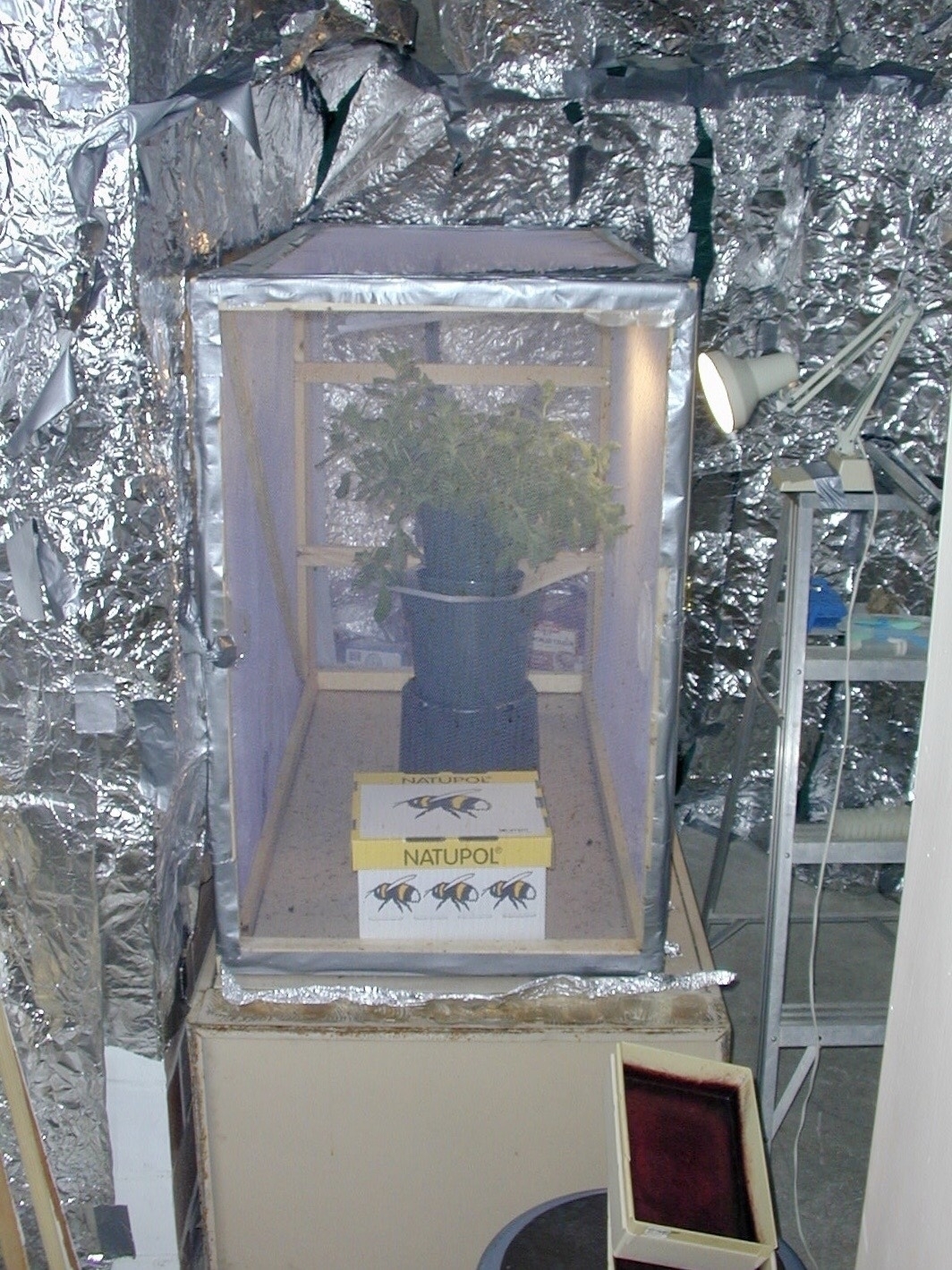Unwanted house guests
Unwanted house guests
Day 15: Prairie clouds 📷

Day 12: Tranquility 📷

Day 11: Maroon sign of spring 📷

Day 10: For several years, we’ve participated in a fundraiser for Pancreatic Cancer Canada that sells pots of purple pansies 📷

Day 9: Magnolia blooms are imminent 📷


Finished reading: Although surprisingly little actually happens with the plot in Record of a Spaceborn Few by Becky Chambers, the characters and world building are great. Along with fascinating questions about what it means to be human and how to value tradition📚
Day 8: Toronto Union Station 📷

First outdoor ride on the new bike. Great to be out of the basement, though I swallow fewer midges on Zwift 🚴♂️
Day 7: We appreciate and enjoy our provincial parks 📷

Day 6: Cloud silhouette 📷

Day 5: Earth 📷

Day 4: LRT tunnelling at _Thorn_cliffe Park (bit of a cheat on the prompt) 📷

Day 3: One of my experimental setups in grad school was a tinfoil room with a hive of bees 📷

Day 2: The oldest photo in my library is of my grandfather in his navy uniform from 1945 📷

Day 1: Ran up a lot of switchbacks to get to the top of Signal Hill in Newfoundland 📷

The Toronto Half Marathon was great! So nice to be out for a proper group event again. And I had a wonderful race crew for cheers and end of race snacks


Tomorrow’s race will be fun! I haven’t been in a proper event for awhile 🏃♂️


Finished reading: Harrow the Ninth (The Locked Tomb Trilogy Book 2) by Tamsyn Muir is really imaginative and well written. I found it rather confusing though. Lots of characters and plot points to track📚
Severance is fantastic. An intriguing premise, with great acting, and careful attention to detail in every episode. Well worth watching